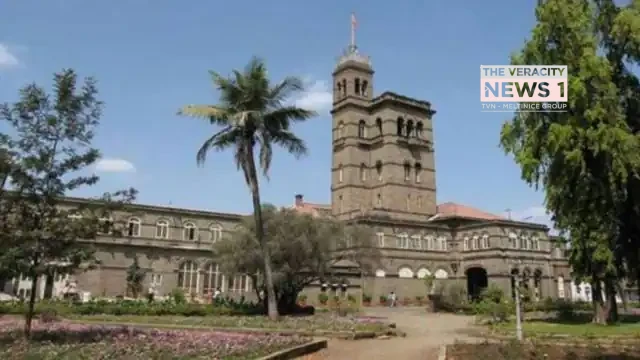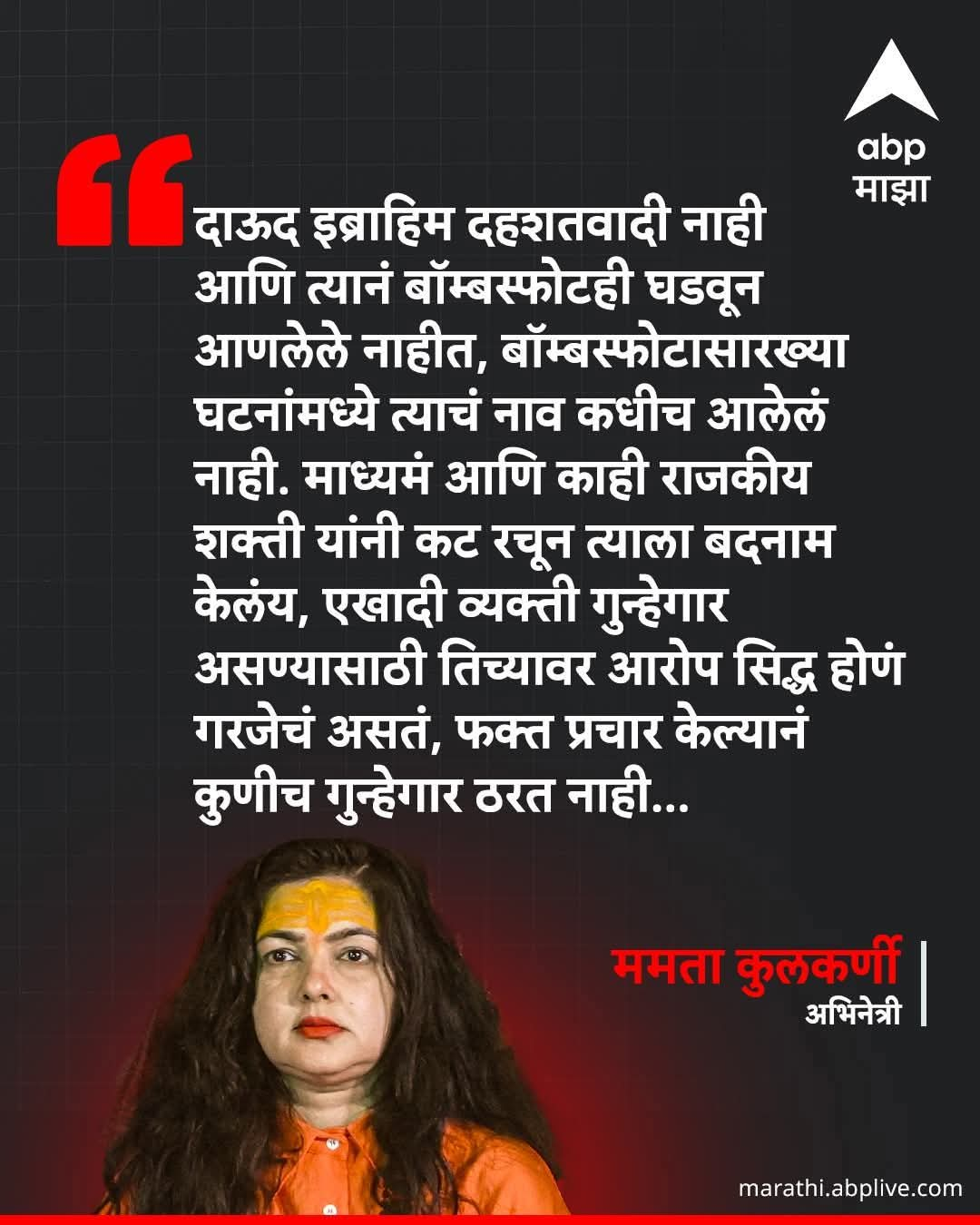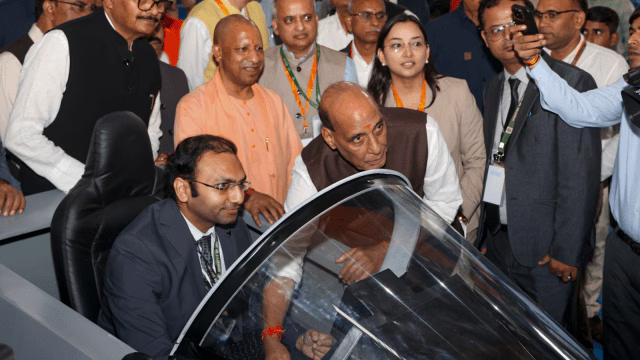Savitribai Phule Pune University invites applications for Isro collaboration programme; last date November 14
Savitribai Phule Pune University (SPPU) has invited research proposals for a joint research programme with the Indian Space Research Organisation (Isro) for 2025-26. The initial deadline of application submission was October 31, but it has been extended to November 14. SPPU faculty and faculty from affiliated colleges can apply for the programme. Under the Isro-SPPU Joint Research Programme, financial support is provided by Isro for research proposals having relevance to the agency’s present and future programmes. Research proposals related to launch vehicle technology, satellite technology, ground-based systems, and space science are supported. Professor Arvind Shaligram, Director of Isro-SPPU Space Technology Cell, told The Indian Express, “SPPU is the only university, other than IITs, with which Isro does collaborative research. The project has been going on since it started in 1998 and has 215 research projects. There are projects regarding sensor development, machining, and fuel. Projects also include applications of Isro data, as Isro produces a lot of data regarding remote sensing. The previous year had projects about hydrogen fuel generation, image processing for soft landing, microgravity studies on plant growth, etc.” A list of broad topics of interest to Isro in these areas is provided on the space agency’s website. Isro scientists are also involved in the formulation process. The final selection process involves evaluation at two to three stages and an interaction with the prospective investigators. The research proposals are first scrutinised by a preliminary evaluation committee, and shortlisted proposals will be called for a detailed presentation. Modifications to the research proposals are submitted at this stage. The committee also takes into account the past performance of the researchers who worked under this scheme, with projects either completed or ongoing. The shortlisted projects will be recommended to Isro’s headquarters, which distributes them among the corresponding Isro laboratories and centres. Savitribai Phule Pune University (SPPU) has invited research proposals for a joint research programme with the Indian Space Research Organisation (Isro) for 2025-26. The initial deadline of application submission was October 31, but it has been extended to November 14. SPPU faculty and faculty from affiliated colleges can apply for the programme. Under the Isro-SPPU Joint Research Programme, financial support is provided by Isro for research proposals having relevance to the agency’s present and future programmes. Research proposals related to launch vehicle technology, satellite technology, ground-based systems, and space science are supported. Professor Arvind Shaligram, Director of Isro-SPPU Space Technology Cell, told The Indian Express, “SPPU is the only university, other than IITs, with which Isro does collaborative research. The project has been going on since it started in 1998 and has 215 research projects. There are projects regarding sensor development, machining, and fuel. Projects also include applications of Isro data, as Isro produces a lot of data regarding remote sensing. The previous year had projects about hydrogen fuel generation, image processing for soft landing, microgravity studies on plant growth, etc.” A list of broad topics of interest to Isro in these areas is provided on the space agency’s website. Isro scientists are also involved in the formulation process. The final selection process involves evaluation at two to three stages and an interaction with the prospective investigators. The research proposals are first scrutinised by a preliminary evaluation committee, and shortlisted proposals will be called for a detailed presentation. Modifications to the research proposals are submitted at this stage. The committee also takes into account the past performance of the researchers who worked under this scheme, with projects either completed or ongoing. The shortlisted projects will be recommended to Isro’s headquarters, which distributes them among the corresponding Isro laboratories and centres.













